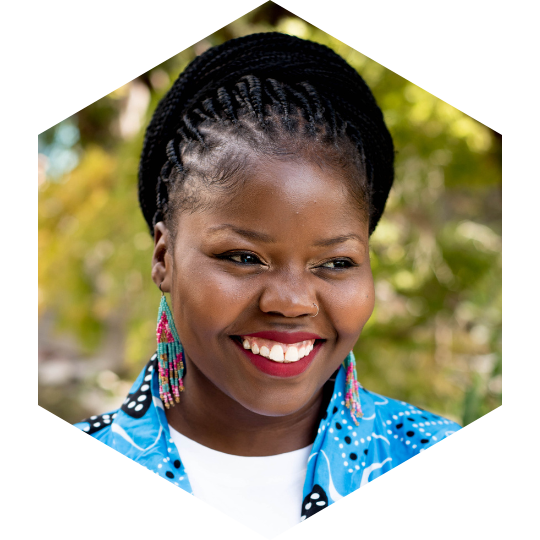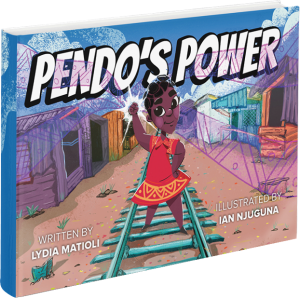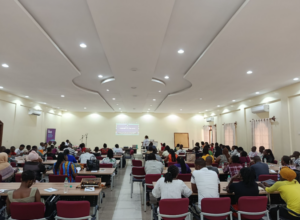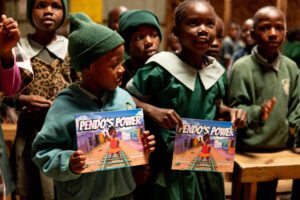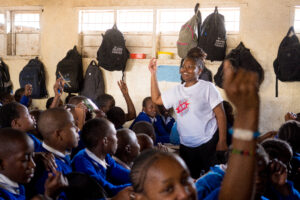The weight of my community’s silence was heavy. Growing up, I didn’t just witness violence; I lived in its shadow, watching as systems and customs quietly expected women to remain small, silenced, and in servitude. I saw women I admired trapped in cycles of abuse, their dignity chipped away until their dreams seemed impossible. I needed a way out, not just for myself, but for every other girl in Kibera who dared to dream bigger.
My deepest desire was to break this cycle. I saw education not as a privilege, but as a weapon—a lifeline. I was determined to prove that my future didn’t have to be defined by my past. When I met Nikole Lim, the Founder of Freely in Hope, I was 18 and two years out of high school, watching my university dream fade. I told her, honestly, that education was the key. It equips survivors with the knowledge, confidence, and voice to challenge the systems that oppressed us. It opens our minds to all the possibilities beyond the limitations of our environment and pain. It’s how we reclaim our dignity and rewrite our stories.
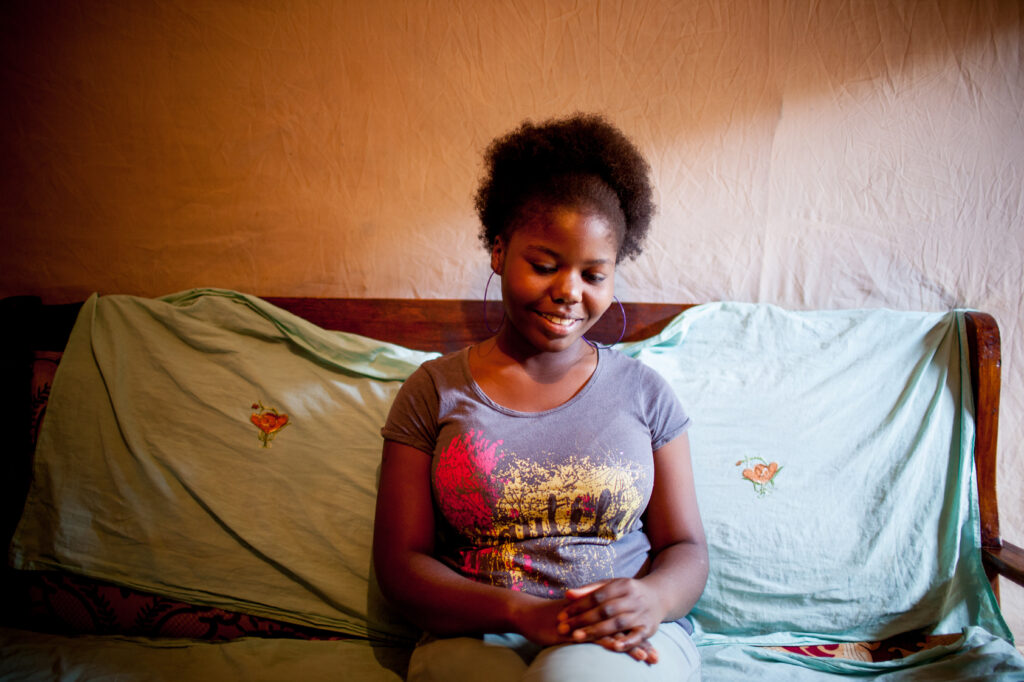
Image: Lydia at 18, waiting for an opportunity to join University.
“When Freely in Hope stepped in, it wasn’t just with a scholarship; it was with a promise of holistic care—safe housing, mentorship, and a community of belonging. This community was everything. ”
Lydia Matioli, Freely in Hope Alumni
The other survivors taught me about resilience, the power of sisterhood, and the importance of practicing joy even in the midst of pain.
I learned to process my trauma while also choosing to heal, inspired by their ability to do the same. In that space, I didn’t just heal; I found my purpose. I realized I had a passion for curriculum design, and that skill became the foundation for my advocacy work.
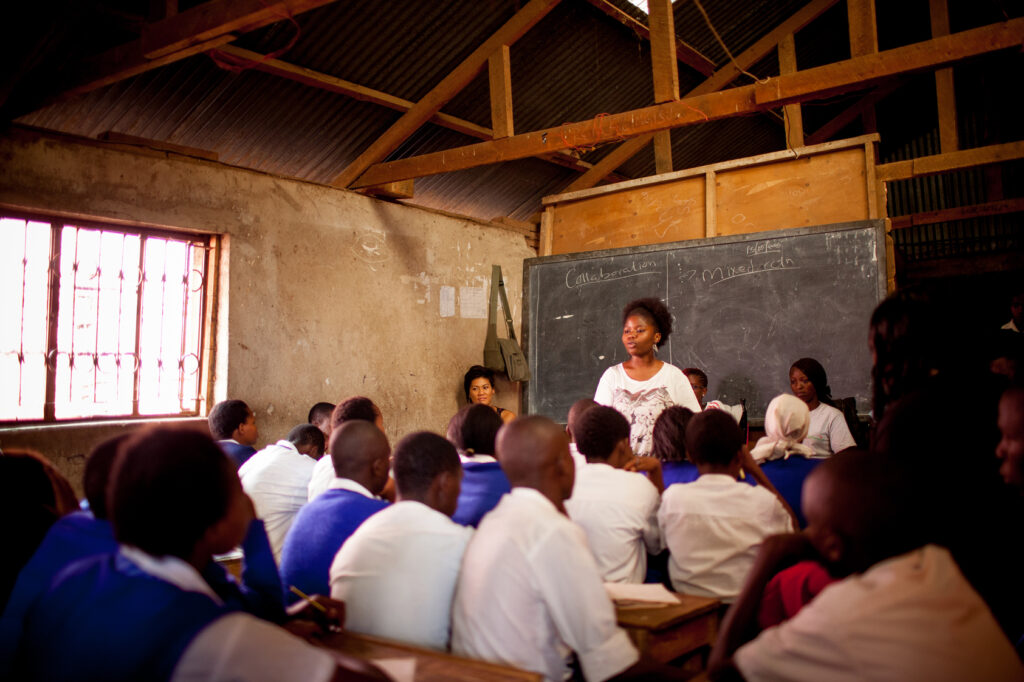
Image: Lydia empowering high school students to combat sexual abuse in Kibera, East Africa’s largest slum.
Once I had the confidence and education, I knew I couldn’t keep this gift of hope to myself. My heart for justice propelled me into action. Advocacy, for me, isn’t about standing on a stage and shouting; it’s about building pipelines for systemic change from the ground up. As a fellow at Freely in Hope, I designed a sexual abuse prevention program for high school students. But my dream kept growing. The initiative closest to my heart is Pendo Power—a children’s book I created. It’s designed to give young children the language and power to recognize and respond to abuse, while guiding caregivers on how to normalize conversations around body safety. By reaching into high schools, universities, faith spaces, and households, we are shifting mindsets and ensuring that everyone in the ecosystem plays a role in prevention. We are no longer just supporting survivors; we are equipping entire communities.
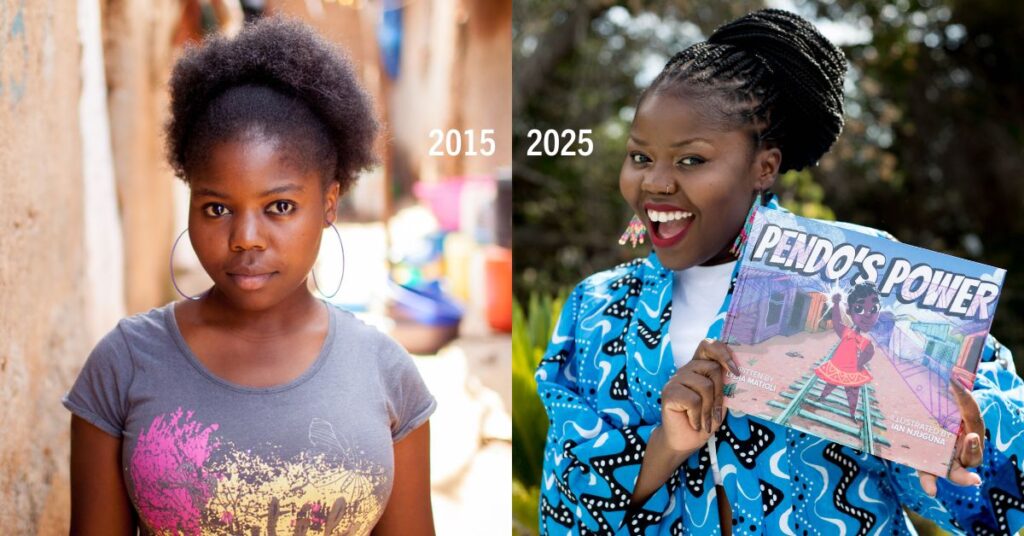
Through all this, I learned that healing is not linear. I struggled with imposter syndrome in academic spaces, and shame often surfaced. Yet, my journey with Freely in Hope taught me to embrace my story as my unique strength. It showed me that growth and resilience are always possible. In the last few years that I’ve been the Program & Partnerships Director at Freely in Hope, I’ve had the opportunity to write a children’s book, Pendo’s Power, that teaches lifesaving education and empower resources that prevent child sexual abuse. This children’s book is based on my story and has helped so many children who are survivors of sexual abuse as well as parents, careivers, and educators who are caring for children in their communities. This is the impact of survivor leadership!
As we celebrate 15 years, I want to share this with every survivor: Your dreams are valid and possible. You are loved, you belong, and you are empowered to transform your society. My wish is for the stability of Freely in Hope, so it can continue to be home for others who are finding their voice. But I pray that sexual violence ends long before its 80th anniversary—so future generations can tackle other challenges.
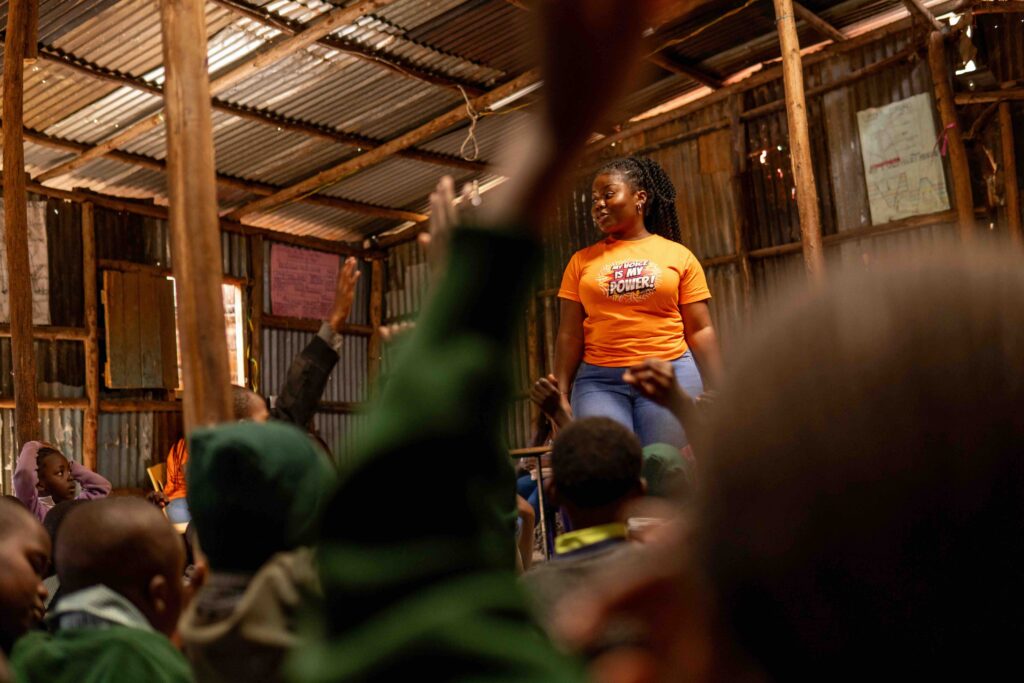
Image: Lydia today teaching about body safety to children through her book, Pendo’s Power.
We, the survivors, are the architects of this change, and we will lead us all into liberation.
